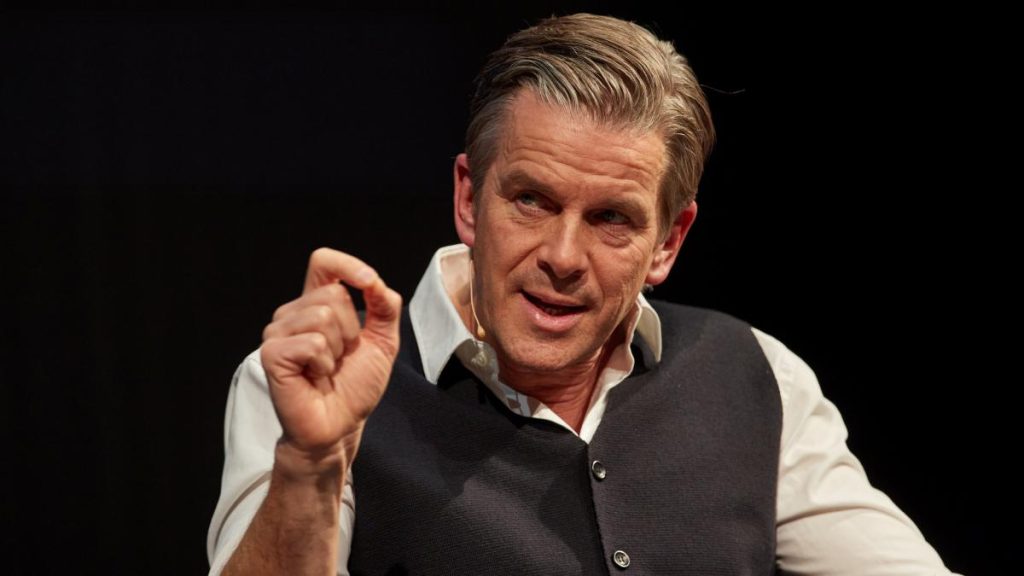In a recent episode of the ZDF Talk show, host Markus Lanz criticized the German government and Foreign Minister Annalena Baerbock for what he sees as double standards in their dealings with Russia and Israel. Lanz accused them of hypocrisy, pointing out that while Russian President Vladimir Putin is often condemned for civilian casualties in Ukraine, Israel’s Prime Minister Benjamin Netanjahu is not held to the same standard. Journalist Michael Bröcker defended Baerbock, explaining that there are valid reasons for the perceived double standards, such as Germany’s historical responsibility towards Israel and the context of the conflict in Gaza.
Lanz questioned why Baerbock and other members of the German government are quick to condemn Putin’s actions in Ukraine as war crimes, but do not use the same language when discussing Israel’s actions in Gaza. He accused them of being hypocritical and applying double standards to different conflicts. Bröcker explained that the situation in Gaza was preceded by an attack from the Hamas terrorist group, leading to a different political response. He acknowledged that there is a double standard, but argued that it is based on valid reasons and historical context.
The discussion in the ZDF Talk show touched on the sensitive topic of antisemitism within German politics, with Bröcker making controversial remarks towards Amira Mohamed Ali, leader of the Bündnis Sahra Wagenknecht (BSW) party. He claimed that the BSW party has a higher prevalence of antisemitism than any other party in Germany, including the AfD. This statement caused outrage and disagreement among the guests on the show, with Ali describing it as disrespectful. Bröcker stood by his comments, citing instances of antisemitism in propalestinian demonstrations that were defended by members of the BSW party.
The debate on double standards and hypocrisy in German politics highlights the complexities of international relations and the challenges of maintaining consistent moral positions in different conflicts. Lanz raised important questions about how Germany presents itself as a moral authority on the world stage and the importance of holding all parties accountable for their actions. The discussion also shed light on the ongoing conflict between Israel and Palestine, and the need for a nuanced understanding of the historical and political factors at play in the region.
Overall, the ZDF Talk show episode sparked important conversations about the role of Germany in global politics, the challenges of condemning actions in one conflict while remaining silent on others, and the complexities of addressing antisemitism within political parties. The differing perspectives presented by Lanz, Bröcker, and other guests highlighted the need for nuanced discussions and a critical examination of policies and rhetoric on the international stage. The debate serves as a reminder of the importance of holding governments and political leaders accountable for their actions and promoting a more just and equitable world for all.


